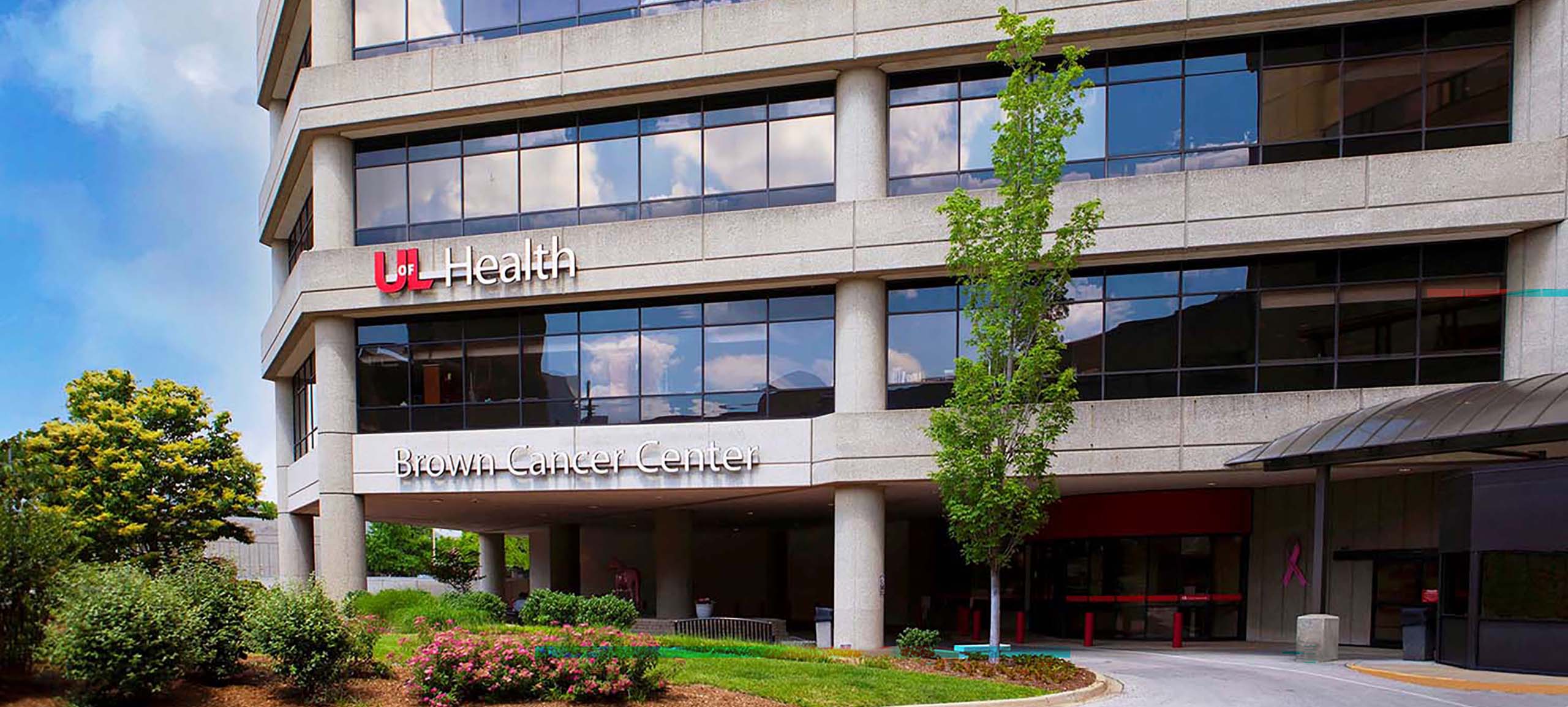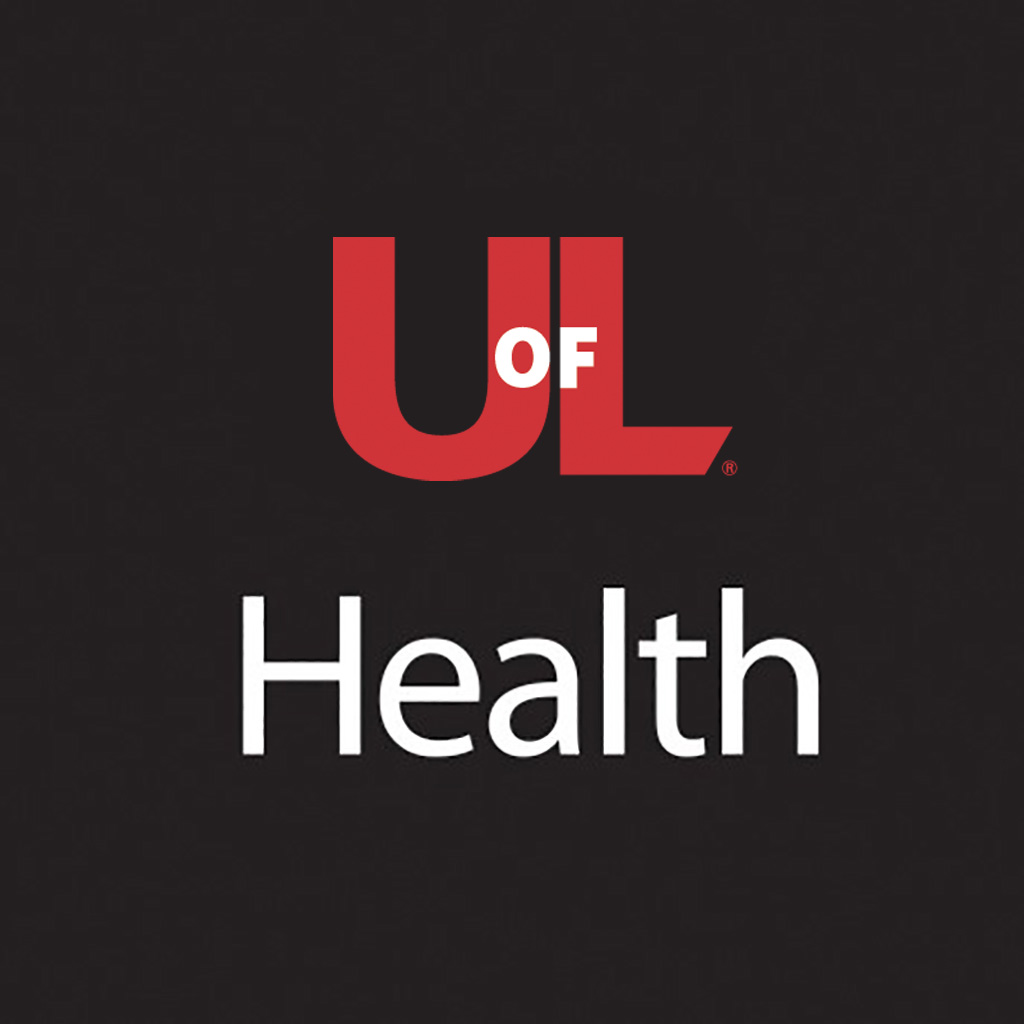
LOUISVILLE, Ky. – To alleviate the financial burden of cancer treatment, the American Cancer Society (ACS) recently awarded a $30,000 transportation grant to UofL Health – Brown Cancer Center. The grant is one of 380 transportation grants totaling $6.2 million awarded to health systems nationwide. The funding will allow health systems to provide eligible patients an estimated 577,350 rides to treatment.
“At the Brown Cancer Center, we have patients coming from all over the state to seek care. But for some patients, transportation is a barrier—whether it’s not having access to a car to get downtown from just a few miles away or not being able to afford gas for a three-hour drive,” Laura Jones, director of oncology screening, outreach, and wellness at Brown Cancer Center. “These funds from the American Cancer Society have allowed us to offer nearly 200 patients over 11,500 rides to treatment since May of 2023. With nearly half of our patients traveling a significant distance to one of our three cancer center locations, grant support from the American Cancer Society helps to ensure that patients can access much-needed care, multidisciplinary expertise and clinical trials at Brown Cancer Center, regardless of where they live.”
Why Transportation Funding is Needed
Lack of transportation to treatment prevents many people living with cancer from getting high-quality care which worsens cancer outcomes.
- In a study presented at the 2022 American Society of Clinical Oncology (ASCO) Quality Care Symposium, American Cancer Society researchers found that 2.8% of cancer survivors reported delays in care due to transportation barriers. Cancer survivors who delayed care due to lack of transportation were more likely to use the emergency room and had the highest risk of all-cause and cancer-specific mortality.
- According to the American Cancer Society’s Cancer Treatment and Survivorship Facts & Figures 2022-2024, cancer survivors experience greater financial hardship than the general population for many reasons including the inability to work. They also have higher out of pocket medical costs compared to people without a history of cancer. The economic burden of cancer is more profound in survivors who are younger or were diagnosed in childhood, underinsured or uninsured, and have lower incomes.
“Not having access to high-quality cancer treatment due to where you live contributes to the disparities we see in cancer outcomes. It’s important to provide the funding and programming needed to keep a lack of transportation from impacting survival,” said Dr. Arif Kamal, chief patient officer for the American Cancer Society. “The local health systems we partner with across the country use this funding to deliver assistance directly to the patients who need it most.”
The American Cancer Society believes all people should have a fair and just opportunity to live a longer, healthier life free from cancer regardless of how much money they make, skin color, sexual orientation, gender identity, disability status or where they live. In addition to providing transportation funding to health systems, the American Cancer Society runs a Road To Recovery program that provides free rides to and from treatment.









